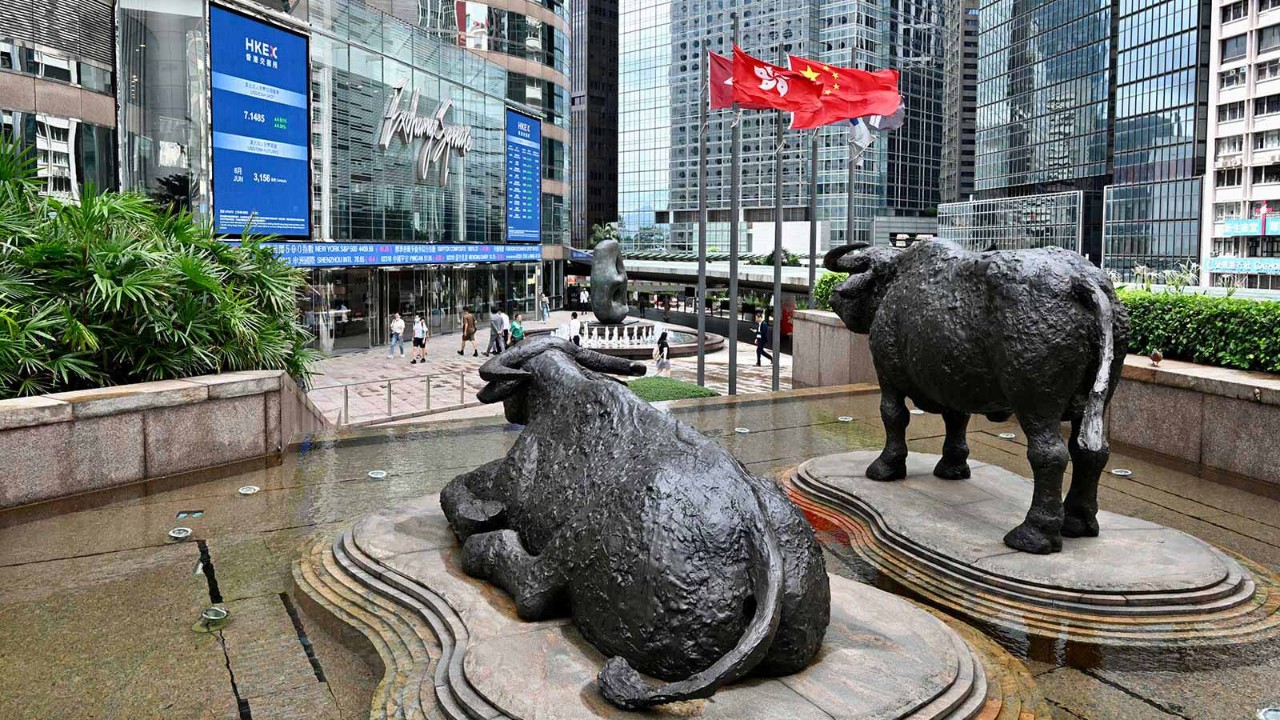
Hong Kong’s stock market, for many years one of the world’s most active markets, is implementing measures to help restore momentum amid a slowdown in initial public offering (IPO) fundraising activity and low trading volume.
To help pump up vitality, in late August the Hong Kong government appointed a 13-member taskforce to look for ways to expand capital sources and flows, attract more high-quality listings, and boost efficiency and competitiveness.
Led by securities regulatory veteran Carlson Tong and consisting of financial heavyweights drawn from a cross-section of financial sectors, the taskforce is expected to provide Hong Kong’s chief executive John Lee with recommendations before he delivers his annual policy address in late October.
Stamp duty
One of the hot topics the taskforce is certain to discuss is whether or not to reduce share transaction stamp duty. After mainland China’s decision to cut share transaction stamp duty to 0.05%, in a bid to boost stock market trading, several Hong Kong stockbrokers and bankers, as well as financial sector lawmakers, have called for Hong Kong to do the same. In 2021, Hong Kong raised stamp duty on all share transactions for buyers and sellers from 0.1% to 0.13%.

More than 1,400 mainland Chinese companies have raised more than HK$8trn
The move to review Hong Kong’s stock market structure and trading mechanisms comes at a time when 2023 first-half IPO listings dropped to a two-decade low. The Hong Kong stock exchange, which has frequently topped the world rankings as the top IPO destination, slid into ninth place worldwide with 28 companies raising US$2.2bn via IPOs on the main board in the first half of 2023, according to data company Refinitiv.
During the same period, the benchmark Hang Seng Index declined by about 9%, while average daily turnover shrank 16% year-on-year to HK$115.5bn (US$14.7bn) in the first half of 2023.
Mainland China
Initiatives to rejuvenate Hong Kong’s stock market activities are taking place at the same time as the Hong Kong Exchanges and Clearing (HKEX) celebrates 30 years since Tsingtao Brewery became the first mainland China state-owned enterprise to list in Hong Kong.
Since the beer-maker’s listing in 1993, more than 1,400 mainland Chinese companies have raised more than HK$8trn on the Hong Kong bourse.
Mainland Chinese investors can now buy Hong Kong stocks using the yuan
According to some market watchers, it is the predominance of mainland Chinese issuers that makes it difficult for the Hong Kong stock market to be resistant to the ebbs and flows of the mainland Chinese economy, which is facing a range of economic challenges.
As a connector between Hong Kong and mainland China’s financial markets, launched in June, efforts have also been made to boost local trading with the introduction of a dual counter model, which allows investors to use offshore yuan funds to purchase yuan-denominated shares listed on Hong Kong’s stock exchange.
Meanwhile, mainland Chinese investors can now buy Hong Kong stocks using the yuan without converting it into the local currency first. In addition to introducing new listing rules designed to attract new listings from specialist mainland Chinese technology companies, in October, HKEX is set to launch its new Fast Interface for New Issuance digital platform, to shorten the settlement timeline between IPO pricing and the start of trading from T+5 to T+2.
The shorter settlement timeline aims to provide investors with faster access to new listings, reduce market and operational risks, and improve efficiency for stakeholders.
Expansion plans
While strengthening stock market connections with mainland China are an integral part of Hong Kong’s market infrastructure, to diversify listing application sources, in August, HKEX announced it is actively looking for opportunities to expand into the Middle East and South-East Asian markets.
There are currently more than a hundred active applicants in the IPO pipeline
HKEX and the Indonesia Stock Exchange have signed a Memorandum of Understanding (MOU) to collaborate on opportunities relating to cross-border listings in the Hong Kong and Indonesian markets, joint product development and ESG initiatives, such as the promotion of sustainable finance in Asia.
HKEX also signed a MOU with the Saudi Tadawul Group Holding Company, the stock exchange operator in the Kingdom of Saudi Arabia, to explore cooperation opportunities in Fintech, ESG and cross-listings.
Despite the recent slump in IPO listings, there may be cause for optimism. According to KPMG’s Chinese mainland and Hong Kong IPO 2023 mid-year review, there are currently more than a hundred active applicants in the IPO pipeline; however, many of them are waiting for investor sentiments to improve so that their valuations will be higher when they come to the market.

